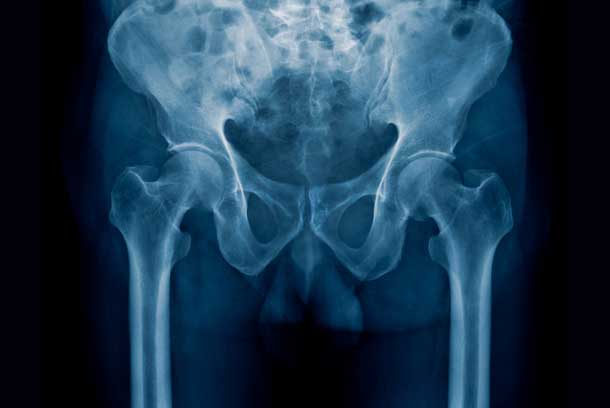
Treating a genitourinary fistula is necessary for a fully functioning excretory system.
A genitourinary fistula is a connection between any of the reproductive organs with the excretory organs. Normally, these organs all have separate openings. But if a genitourinary fistula, which is a hole or a tear, develops in any of them in the wrong place, the reproductive and excretory organs can become improperly connected.
This is problematic because it can cause serious health issues from the ensuing bacterial infections that end up developing. That is why it is crucial to understand the following causes, symptoms, and treatment options that are available.
Causes
Women have the highest rate of developing this condition since the main cause of a genitourinary fistula is an improperly done cesarean section to deliver an infant from a woman’s womb. But it can also happen when a woman goes through a traumatic natural delivery of a child wherein specialized metal instruments were used to pull the child out through the vaginal canal. The instruments sometimes have sharp edges that can do serious damage during the process. Occasionally, this condition can be caused by cancer that has led to the atrophy of the thin tissue of the walls of the reproductive or excretory organs.


Symptoms
It may take time for a woman to realize that there is something wrong, because at first the only symptom will be an increase in the amount of fluid leaking out of the vagina. But as the condition worsens, pain, irritation, and swelling occur from the presence of a bacterial infection that is common as the urine leaks out of the vagina instead of the urethra. If the fistula is large enough, then it can cause complete incontinence. However, this typically only happens if the bladder, urinary tract, or uretal tubes contain the fistula. If a hole develops that connects the colon to the vagina, then stools can pass out of the vagina instead of urine.
Treatment Options
Treating a genitourinary fistula usually involves surgery through the vagina or the abdomen, so the fistula can be closed. If an infection is present, then a course of antibiotics is issued to clear it up beforehand. Sometimes, even if there are no symptoms of a bacterial infection, doctors still give antibiotics as a preventative measure since the surgery involves a delicate area of the body that naturally has a high number of bacteria.
Small fistulas might be treated a different way. Doctors can insert a special tube to close off the opening of the hole. This will allow the tissue to heal over it by itself. It will also prevent urine from flooding into any of the reproductive organs. Later, the tube can be removed if the wound has healed successfully.



